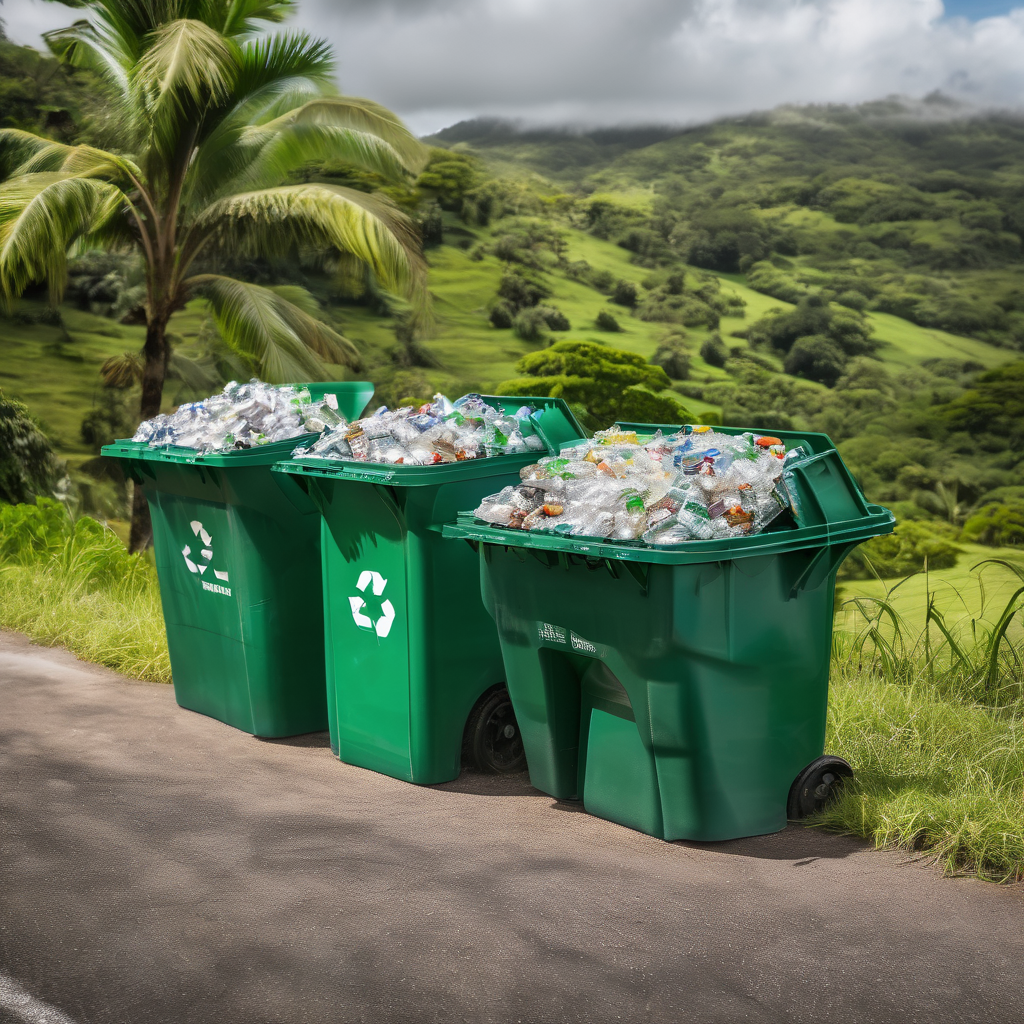Fiji is grappling with a challenging waste management issue, as it generates nearly 200,000 tonnes of waste annually, according to the latest data from the Fiji Bureau of Statistics. In 2024, the country recorded 199,263 tonnes of waste, marking an increase of almost 8,900 tonnes compared to the previous year. The majority of this waste comes from households, with significant contributions from manufacturing, transport, retail, and food services industries.
A substantial portion of the waste, over 144,000 tonnes, is sent to landfills, while more than 54,000 tonnes are incinerated. Alarmingly, only 477 tonnes are recycled, highlighting the pressing need for improved waste management and recycling strategies. These figures underscore the waste problem Fiji faces and emphasize the necessity for future improvements in waste management systems.
The situation aligns with earlier reports highlighting Fiji’s growing waste dilemma, worsened by increased economic activity and evolving consumption patterns. The National Development Plan anticipates that municipal councils will have to handle approximately 182,000 tonnes of waste nationwide, targeting an increase to 350,000 tonnes by 2029. To address this, the government is focusing on establishing recycling plants and improving recycling capabilities.
Efforts are underway to enhance waste management regulations, such as the Container Deposit Regulation, which aims to expand recycling infrastructures. The Pacific Recycling Foundation and Waste Recyclers (Fiji) Ltd have reported significant achievements in recycling, demonstrating progress in Fiji’s waste reduction initiatives. Despite the challenges, there is a positive outlook for Fiji’s environmental future, reinforcing the importance of community involvement and concerted government efforts. With ongoing collaboration and innovation, Fiji can potentially achieve substantial environmental improvements that will benefit both current and future generations.
